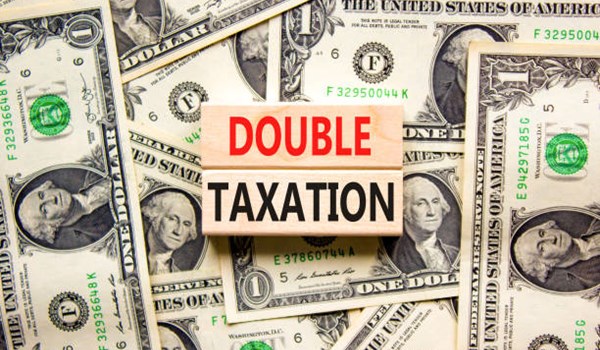The new European legislation against tax evasion via cryptocurrencies, DAC8, will cost the Dutch Tax Authority and crypto companies tens of millions of euros per year while yielding little in the way of benefits, Financieele Dagblad (FD) reported based on advice from the Council of State and the Tax Authority. The Dutch parliament will debate the law after the summer recess.
DAC8 requires crypto companies to report all customer transactions to the tax authorities. According to FD, the new legislation is expected to generate between €1 billiona nd €2.4 billion in European tax revenue per year. But it will change little in the Netherlands. The Dutch Tax Authority levies tax on assets on the reference date of January 1st, which is not reported under DAC8.
“DAC8 transaction data cannot be pre-recorded [in tax returns] and can only be used for assessment and collection after a time-consuming and costly analysis,” the Dutch Tax Authority said in a report in FD’s possession. “The data usability is therefore limited, and its value for citizens and businesses is low.”
The Tax Authority expects to incur €8 billion in one-time costs preparing for DAC8, followed by over €17 million per year. The tax office will need to hire 126 additional full-time employees to adhere to this law. “The necessary employees (especially crypto analysts) for this bill will be difficult to find in the labor market.”
Crypto companies like Bitvavo and Blox will also face serious consequences, the Tax Authority wrote. “The application of the DAC8 regulations will place significant demands on their capacity to act, and they will have to make substantial investments. It is expected that the regulations will raise many questions in practice.”
The Ministry of Finance estimated that each crypto company will spend up to €1.5 million preparing for DAC8, and up to €150,000 per year thereafter.


VBNL, the cryptocurrency industry association in the Netherlands, also has privacy concerns. DAC8 allows for customer transactions, including personal data, to be shared with other tax authorities. This data will also be stored in a European database for 12 years. And according to the Dutch Data Protection Authority, the law is “insufficiently clear” about the conditions under which the data can be further processed.
According to the FD, it is also unlikely that DAC8 will eradicate tax evasion via cryptocurrencies. Investors can still store their digital currencies on crypto exchanges in tax havens outside the EU. Cryptocurrencies can also be hidden in private wallets and crypto networks.





